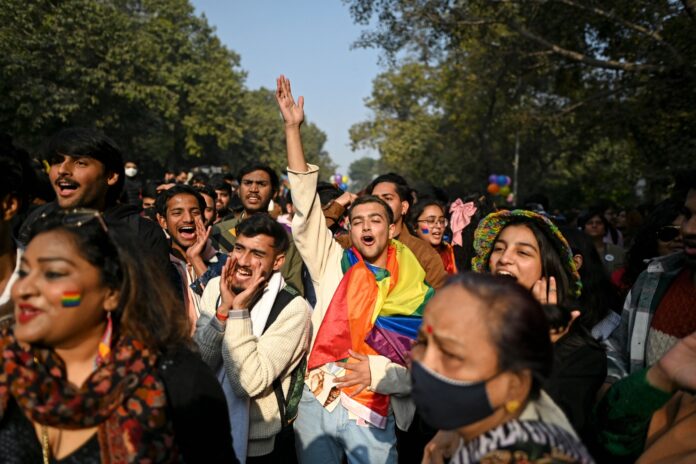Marriage equality has been a significant milestone in the fight for equal rights for the LGBT community. While progress has been made in recent years, the recognition and legal protection of same-sex marriages vary across different countries. In this article, we will examine the evolution of LGBT marriage laws in Australia and explore the status of same-sex marriage around the world. From the historic achievements to ongoing challenges, understanding the global landscape will provide insights into the journey toward equality.
- Marriage Equality in Australia:
Australia’s path to marriage equality was marked by passionate debates and advocacy. After a long campaign, the Australian Parliament passed the Marriage Amendment (Definition and Religious Freedoms) Act in 2017, legalizing same-sex marriage. This landmark moment was a significant victory for the LGBT community and paved the way for equal recognition and protection under the law.
- Recognition and Benefits of Same-Sex Marriage:
Legalizing same-sex marriage grants numerous benefits and protections to LGBT couples. It ensures equal rights in areas such as property ownership, inheritance, healthcare decisions, adoption, and immigration. By extending these rights, societies affirm the importance of love, commitment, and equality for all individuals, regardless of their sexual orientation.
- Global Landscape: Countries with Marriage Equality:
Australia is not alone in recognizing same-sex marriage. Many countries worldwide have taken progressive steps to ensure marriage equality for their LGBT citizens. Some nations that have legalized same-sex marriage include the Netherlands, Canada, Argentina, South Africa, Uruguay, New Zealand, the United States, and several European countries. These advancements highlight a global shift towards recognizing and protecting the rights of the LGBT community.
- Challenges and Inequality:
While progress has been made, challenges and inequality persist in various regions. In some countries, same-sex marriage remains illegal, and LGBT couples face discrimination and societal opposition. Homophobic attitudes, cultural and religious beliefs, and political resistance hinder the advancement of marriage equality in these nations. Advocacy efforts continue to address these challenges and fight for equal rights for all.
- Symbolic and Cultural Significance:
Beyond legal recognition, the fight for marriage equality carries immense symbolic and cultural significance. It challenges societal norms, breaks down stereotypes, and fosters greater acceptance and understanding. The ability to publicly celebrate love and commitment is a powerful affirmation of the inherent worth and dignity of LGBT individuals.
- Ongoing Activism and Progress:
Achieving marriage equality is often the result of tireless activism and advocacy. Organizations and individuals around the world continue to work towards expanding marriage rights and challenging discriminatory laws. By raising awareness, supporting legal battles, and promoting inclusivity, these activists contribute to a more equitable and inclusive society.
- Transnational Impact and Influence:
The global movement for marriage equality has inspired and influenced other countries to reconsider their laws and policies. Successful examples of marriage equality in one nation can serve as beacons of hope and catalysts for change in regions where progress has been slow. Sharing success stories, strategies, and lessons learned strengthens the fight for equal rights globally.
The recognition of same-sex marriage is a significant step forward in achieving equality for the LGBT community. Australia’s legalization of same-sex marriage reflects a broader global trend towards inclusivity and acceptance. While progress has been made, challenges and inequality persist in many parts of the world. Continued activism, advocacy, and education are essential to ensure that the rights and dignity of all individuals, regardless of their sexual orientation, are upheld. Together, we can create a future where love, commitment, and marriage are celebrated and protected for all couples, irrespective of gender.
